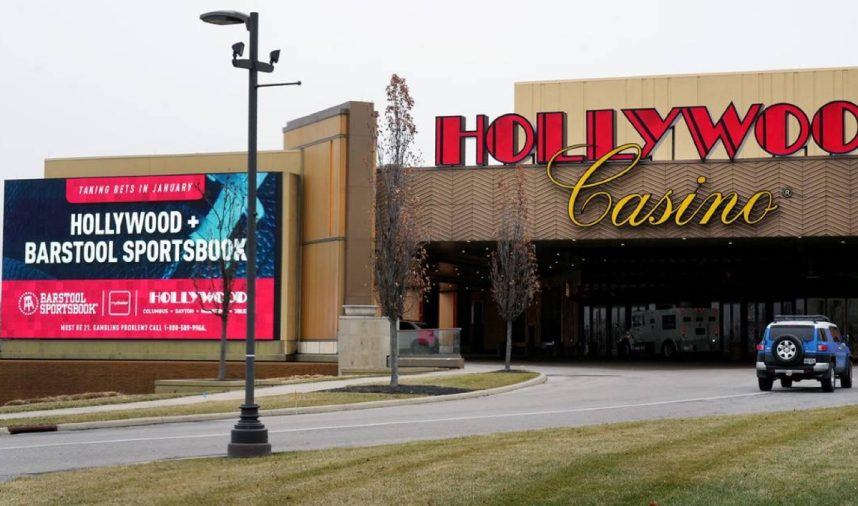Posted on: August 21, 2024, 05:06h.
Last updated on: August 21, 2024, 05:06h.
Amid lethargy in its interactive division and solid though not spectacular results by its land-based casinos, Penn Entertainment (NASDAQ: PENN) corporate debt may not offer much in the way of near-term upside.

That’s the take of GimmeCredit analyst Kim Noland. In a new report, Noland pointed out that Penn is likely to generate lower free cash flow this year than it did in 2023 due to planned expenditures to enhance some of its regional casinos. She added that losses in the operator’s digital unit, which includes ESPN Bet and the Hollywood Casino iGaming outfit, will also pinch 2024 free cash flow.
Penn has considered competitive openings in constructing guidance for regional casinos at $1.88-$2 billion of earnings before interest, taxes, depreciation, amortization, and restructuring or rent costs (EBITDAR). Our own 2024 projections continue to reflect this guidance and the expected loss from the interactive segment,” wrote Noland. “We now forecast negative free cash flow (EBITDAR less cash rent expense less capex and interest) of over $450 million.”
At the end of the second quarter, the gaming company had it what called “traditional debt” of $1.7 billion and total liquidity of $1.9 billion, including $877.6 million in cash.
ESPN Bet Near-Term Progress Essential
With the imminent arrival of the 2024 football season, there’s a sense among analysts and investors that this is “put up or shut up” time for Penn’s online sports betting ambitions.
Critics argue that whether it’s ESPN Bet or predecessor Barstool Sportsbook, Penn has spent too much capital for negligible sports betting results while distracting investors from what have been mostly decent results in its core regional casino business. Management is looking to allay those concerns, but it’s accurate that the operator’s sports betting efforts are expensive.
“The numbers game for Interactive could improve as management steps up digital integration of ESPN Bet and the legacy ESPN product,” noted Noldand. “There is a big annual cash outlay ($150 million) required under the ESPN contract — that outlay combined with the cost of the concomitant marketing effort might pay off with longer term increases in adjusted EBITDA. Penn’s strategic view of the interactive segment continues to rely on cross selling to retail casino customers and mass market sports fans.”
The GimmeCredit analyst added that while ESPN Bet’s current financial results are “lackluster,” Penn management expects the business can become profitable in 2026 even if its market share doesn’t expand beyond the current level of 7%.
Not Much to See with Penn Bonds
The bulk of corporate bonds issued by gaming companies currently carry junk ratings and that’s true of Penn debt. In her report, Noland highlighted the casino operator’s bonds maturing in 2027, rating that issue “underperform”, while adding there’s limited downside.
Following this year’s capital expenditure cycle, Penn corporate debt could be more appealing as free cash flow ramps up, but Noland cautioned investors about expecting ESPN Bet to become a credible threat to entrenched incumbents.
“The two main players in the market are unlikely to be unseated by Penn’s ESPN Bet. So we think earlier projections that ESPN Bet could achieve a big uptick in market share won’t be realized near term,” concluded the analyst.















